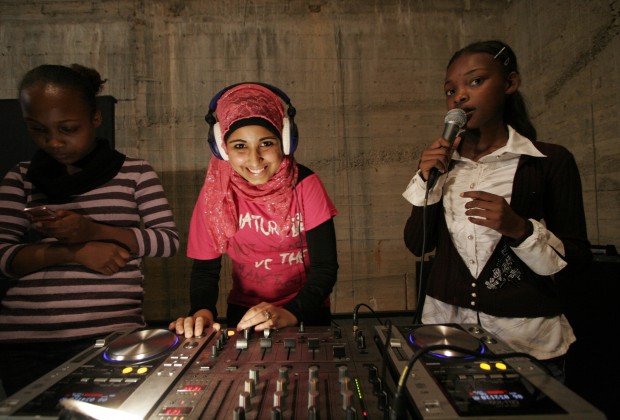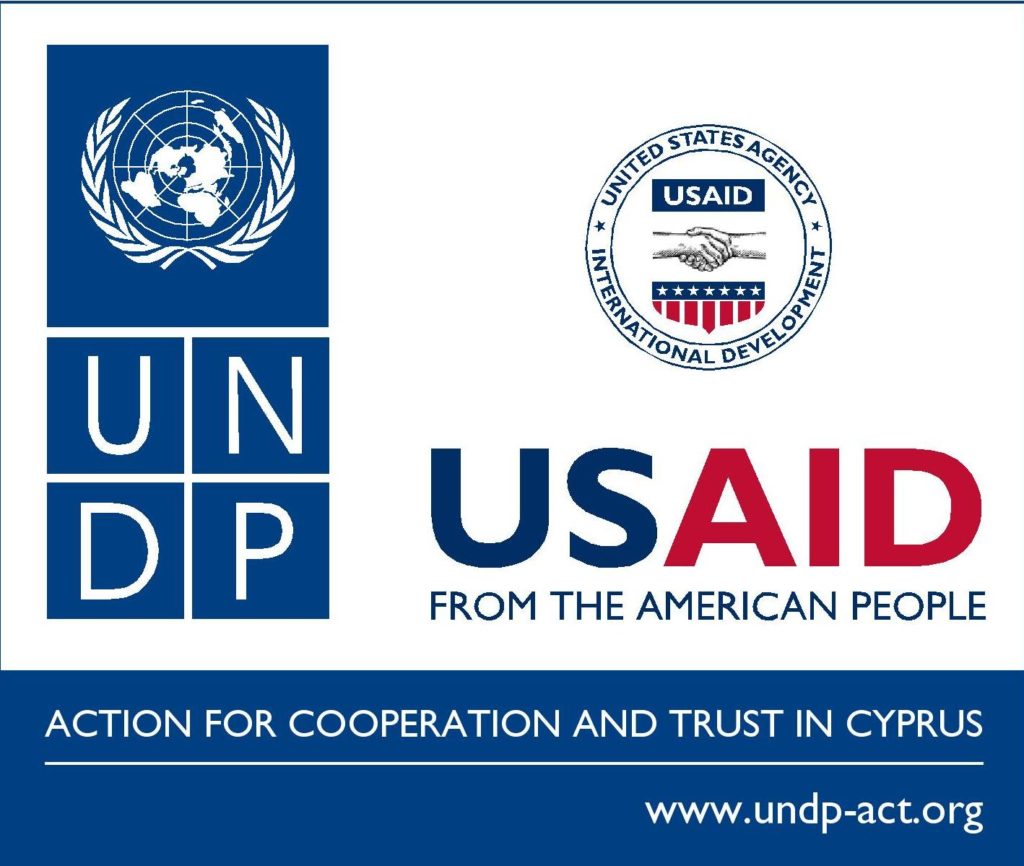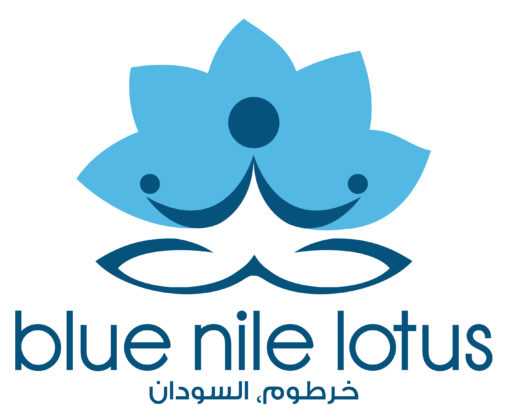Build Peace 2014
The first Build Peace conference was held at the MIT Media Lab on April 4 and 5, 2014. It was the start of a conversation and of a community.
Over 250 people from more than 30 countries attended Build Peace 2014. Participants came from national and international NGOs, the UN system, academic institutions, and the private sector. The conference had four broad lines of inquiry, each representing a function technology can play in peacebuilding: information, communications, gaming, and networking. Panels and working sessions were also structured around the three stages of peacebuilding programming: conflict analysis, program design, and impact evaluation.
Throughout the conference, we were humbled by the candid approach of practitioners, academics, and technologists alike. Conversations ranged from measuring polarization to capturing voices from the Rwanda tribunal; from hacking the border in the Dominican Republic to designing the constitution in Egypt; from teaching activist power in a video game, to building peace villages on Minecraft. White papers produced for the conference and videos of all plenary sessions are available below.
Reflections written by conference participants are in our blog archive. All conference presentations are also available in this public drive.
Keynote speakers
Asi Burak
Asi Burak is an award-winning game creator, tech executive, and social entrepreneur. He is the President of Games for Change (G4C), a nonprofit with the mission to catalyze social impact through digital games and the Executive Producer of the Half the Sky Movement games. Prior to that, Burak co-founded Impact Games and created the internationally acclaimed “PeaceMaker” and “Play the News” gaming platforms. A native of Israel, Burak is a faculty member at the School of Visual Arts’ new MFA in Design for Social Innovation.
Waidehi Gilbert-Gokhale
Waidehi Gilbert-Gokhale is the Director of Organizational Development and Volunteer Engagement at Soliya, a non-profit that combines best practices for constructive dialogue with innovative use of new media technologies. Waidehi managed Soliya’s flagship Connect Program, an online cross-cultural education program. Having lived, studied and worked in the United Kingdom, India, South East Asia and North America, Waidehi believes firmly in the power of effective cross cultural exchange.
Sanjana Hattotuwa
Sanjana Hattotuwa is a Special Advisor to the ICT4Peace Foundation, where he works to further the use of ICTs in crisis information management and peacekeeping initiatives at the United Nations. He is also a Senior Researcher at the Centre for Policy Alternatives, a Fellow of the Centre for Information Technology and Dispute Resolution at the University of Massachusetts, and the founding editor of the award-winning Groundviews. In 2011, Sanjana was the first Sri Lankan to be awarded a TED Fellowship.
Ethan Zuckerman
Ethan Zuckerman is director of the Center for Civic Media at MIT, and a principal research scientist at the MIT Media Lab. His research focuses on the distribution of attention in mainstream and new media, the use of technology for international development, and the use of new media technologies by activists. With Rebecca MacKinnon, Zuckerman co-founded international blogging community Global Voices. In 2000, Zuckerman founded Geekcorps, a technology volunteer corps.
Panels
Use of technology for conflict analysis
Different practitioners and organizations are using mobile and internet technologies and the data they might generate to analyse evolving conflicts in a more accurate and timely way, and provide better advice to peacebuilders responding to conflicts.
Designing peacebuilding projects that utilize technology
Considerations that need to be taken into account when designing technologically-enabled or focused peacebuilding projects, including determining what technology is needed in specific contexts, intended and unintended outcomes and wider ethical concerns.
Technology and peacebuilding impact evaluation
Practitioners can assess the impact that technology is having on peacebuilding. Questions of how technology can be leveraged to facilitate impact assessments will also be addressed.
Ignite Talks
Tapping into the brain’s empathy circuit by Juan Pablo Hourcade
MasterPeace.org – Collaborate for Peace by Alexandra Bizerova
Fostering Compromise Solutions in a Label-Divided World by Steven Rubenstein
PeaceJam: Building an Interconnected Global Peace Movement by Donovan Arthen
Voices from the Rwanda Tribunal
Batya Friedman
Libyan Youth Voices: fostering peace and development by Ayat Mneina
Art Exhibitions
Build Peace 2014 showcased the work of four artists who use their creative medium to examine conflict and foster peace.

Peace in Our Pocket
Peace in Our Pocket follows the inspirational Kenyan activists of Sisi ni Amani as they work to strengthen civic engagement, build democracy, and defuse violence in the lead up to the 2013 national elections.

Emmanuel Letouzé
Emmanuel Letouzé is a French-born, Brooklyn-based, political cartoonist who is a Fellow at the Harvard Humanitarian Initiative, a PhD candidate at the University of California, and the founder of Data-Pop.

Thin Green Line Map
Thin Green Line Map is part of a larger documentary film project regarding mobility across Cyprus’s buffer zone in the form of romantic or sexual relationships.

Turning Tables
Turning Tables helps vulnerable young people express their grievances, hopes and dreams. They build a creative environment for learning new skills and sharing experiences, and an opportunity to pursue a better tomorrow.
Technology Fair
Advice 4 Quarters — First Mile GEO — Tech Community and “the Crowd” in Myanmar — Change Assembly — HandStack — Peace Innovation Lab — PIVOT (Palestine Israel Visual Optimization Tool) — theHive
Syria Data Discussion — Justify — Wireless, Smartphone-Based Explosives Sensors — “Beats from the Interior” and other projects for youth activists in Tunisia — Egypt Parallel Constitution — Data-Pop — Social Media to Support Dialogue and Diversity in Yemen — Peacebuilding Data Blog & the Real Housewives of Syria

Sponsors
Build Peace 2014 was possible thanks to the generous support of our sponsors.






